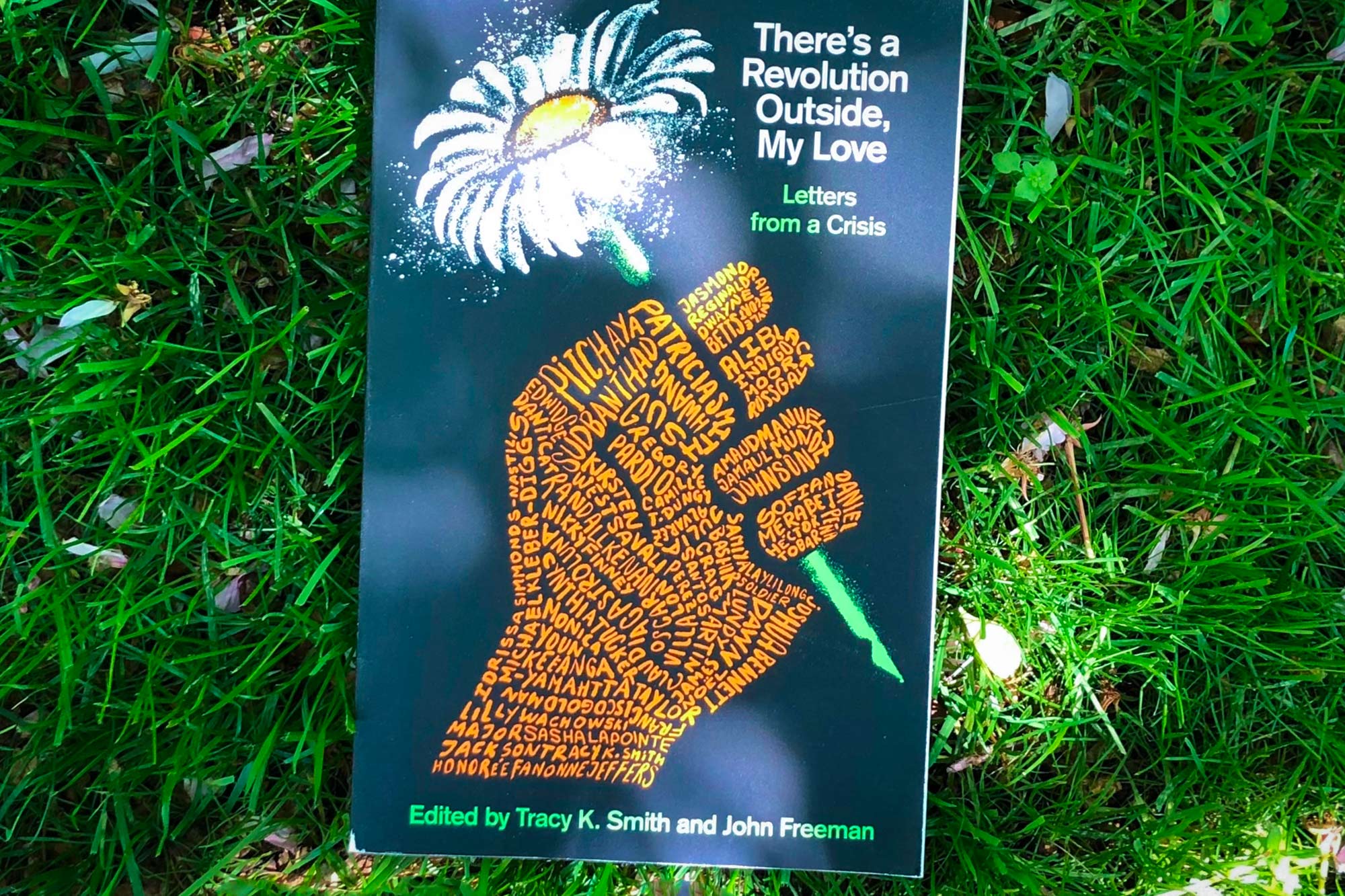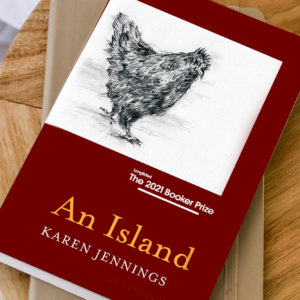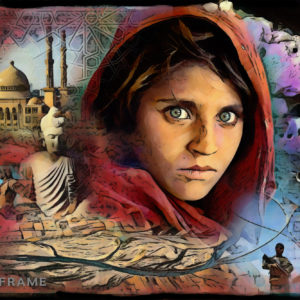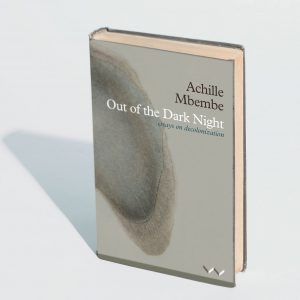The soul of a country in crisis
The essays, letters and poems by the contributors to There’s a Revolution Outside, My Love question the roots and realities of the state in which America finds itself.
Author:
28 September 2021

Ordinarily, the word “soul” would be misplaced in a context of grappling with the devastation wrought by the Covid-19 pandemic in the United States and the brutal police killing of George Floyd in May last year. But it might be a helpful way of talking about There’s a Revolution Outside, My Love: Letters From a Crisis.
This recent collection of essays, letters and poems edited by Pulitzer Prize-winning poet Tracy K Smith and essayist John Freeman peers into the soul of a country in crisis through the writing of 40 contributors, including incredible Haitian-American novelist and short story writer Edwidge Danticat and poets Layli Long Soldier and Joshua Bennett.
In a conversation with Paul Holdengräber on The Quarantine Tapes podcast, Freeman reckoned that they had reached the limit of “how we can address the many problems that face American life on the level of simply policy and non-spiritual solutions. We have to go deeper if we’re going to address what the country could become, and it has to address the spiritual problems of the country.”
Related article:
There’s a Revolution Outside, My Love is a small step in that direction. The anguish and outrage over former police officer Derek Chauvin’s murder of Floyd – a Black man’s life extinguished for “twenty fucking dollars”, as Su Hwang writes – are what propelled this project. The voices collected in this volume come from almost all 50 states and many of the writers recall where they were when they watched the horrific scene of Floyd calling “for his mama with his last breath”.
“Like many other similar incidents of racist violence, it was all too likely that this news would capture and exit the speedy cycle of American attention. But it didn’t,” Pitchaya Sudbanthad writes in his essay, Finding Justice in the Streets. “Floyd’s murder in Minneapolis lit up cities all over the country within a matter of days. Or rather, it ignited smouldering fires that had been kept off-camera and ignored for very long.”
A marked urgency
A few of the contributions in There’s a Revolution Outside, My Love are punctuated by the wail of police and ambulance sirens, and the sound of helicopters circling overhead and protesters marching in the streets. The anthology draws its title from journalist and editor Kirsten West Savali’s quietly defiant August 2020 letter to her son, Walker. Savali’s letter is both an elegy for the husband she lost to cancer in 2018 and a praise song to the bonds of community and kinship that have enabled them to live in a country that “has spilled Black blood for centuries with neither apology nor regret”.
Perhaps because all the pieces were written in the moment, the book is marked by an urgency in tone. Collectively, the writers here remind us that Floyd’s name is braided into a long list of other Black citizens murdered by the police: Ahmaud Arbery, Breonna Taylor, Eric Garner, Michael Brown and so many more. “A litany of losses,” as one writer laments.
Others, like sociocultural anthropologist Sofian Merabet, point readers to the global reach of US terror: “Police departments in the United States are a domestic window into US military might abroad, into what is happening every day in countries such as Iraq, Afghanistan, and (by Israeli proxy) Palestine.”
Related article:
Still others draw parallels between the summer of 2020 and similarly turbulent periods in US history: the Rodney King riots of 1992, the riots of the “long hot summer of 1967”, the Watts riots of 1965 and, even further back, to the “dreadful history of genocide, slavery and racial segregation”. Violence in America, in other words, is nothing new.
“Many are calling this an ‘inflection point’ in American history, myself included, but the more I think about it, the less this sentiment holds water,” Hwang writes in her startling essay, Why the Rebellion Had to Begin Here. “Inflection implies singularity, of one musculature or a single stream of consciousness, when there have been multiple inflections since the looting of this land from Native Americans to the founding of the country on the backs of Black lives. I believe we are at a point of convergence.
“Convergence denotes multiplicity and cumulativeness – a cacophony of voices and perspectives… What we’re seeing and experiencing is a cavalcade of centuries of protest, of deaths and rebirths, the final heave for human decency for all.”
Critical questioning
There’s a Revolution Outside, My Love may have the crisis in America as its reference point, but this anthology pulses with questions that would resonate with readers elsewhere too: Can we imagine a society without prisons, or is incarceration the only way to address the problem of violence? Can we have a just society if the market is the only thing that determines who lives in which neighbourhoods? What do we do with all these monuments to white supremacy?
Are we, as Smith asks in her eloquent introduction, investing in a project of “national healing and racial justice”? Or are we content to live by the colonial law which dictates that “the darker you are and the poorer you are, the more disposable you are”?
In one of the most remarkable essays in this collection, Voting Trump Out Is Not Enough, writer, academic and activist Keeanga-Yamahtta Taylor writes that we cannot continue to “perpetuate the election-year fiction that the deep and bewildering problems facing millions of people in this country will simply end” with a change of administration.
Related article:
The root of our troubles, Taylor points out, is that “our economy is built on jobs that lead to nothing for some and to otherworldly riches for others. And they are usually connected. Those who toil in the low-wage world create the wealth enjoyed in the world of the elite and powerful.”
And as long as the “economy is organised around human suffering”, the future – which is already here – will be “animated by protests, strikes, occupations and the ongoing struggle for food, medicine, care, housing, justice and democracy”.
A better life for all, in other words, will continue to elude us.



